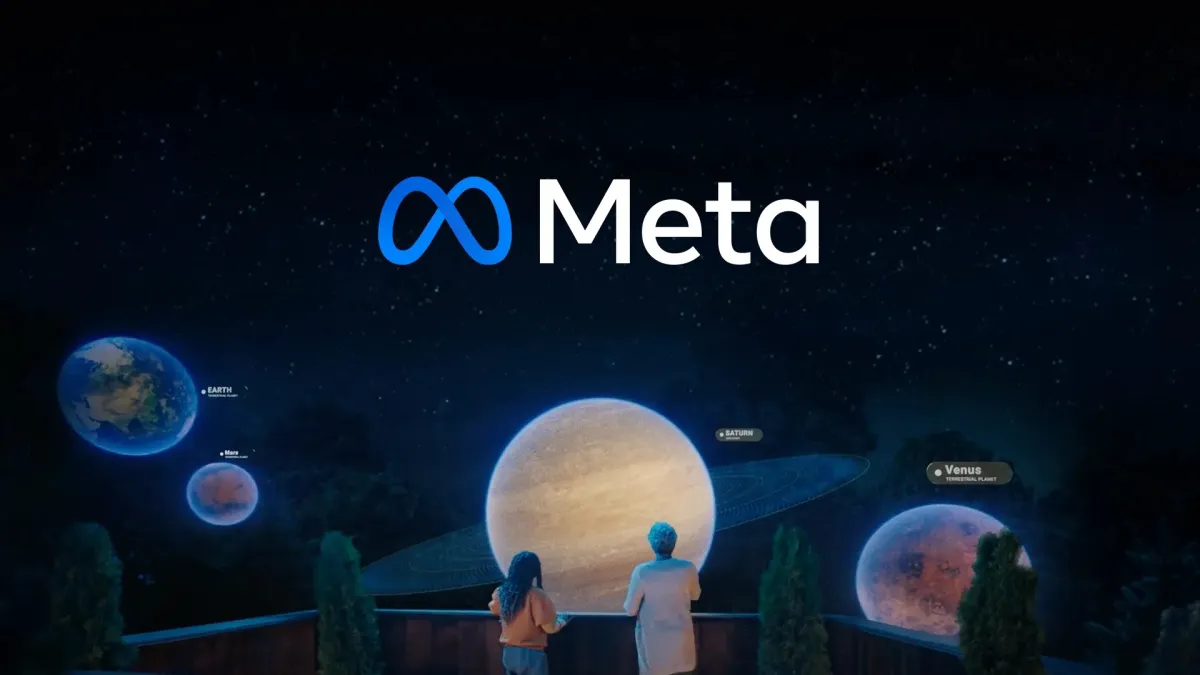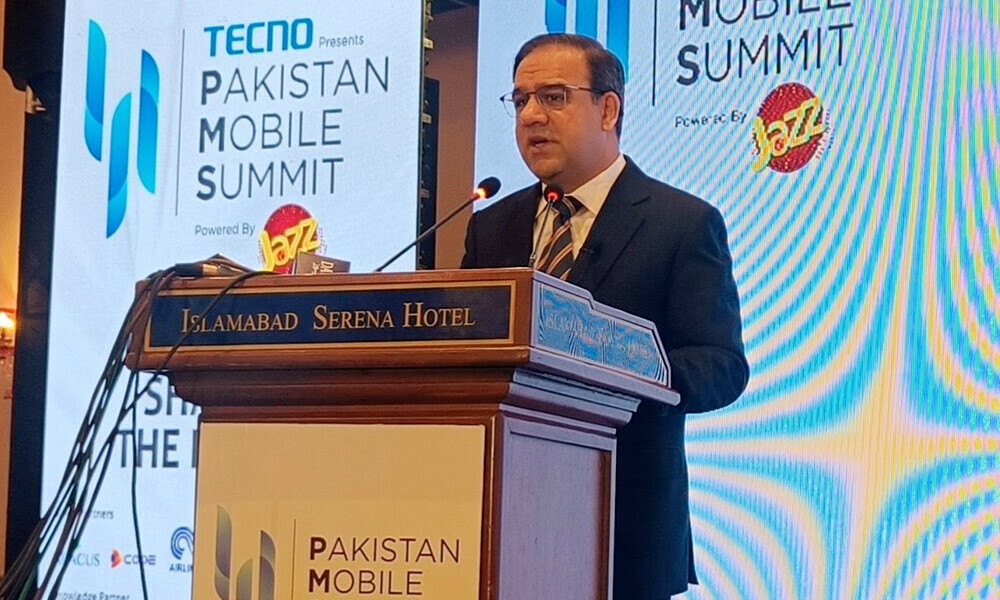Meta Platforms, the parent company of Facebook and Instagram, announced on Tuesday that it will lift its blanket ban on the word “shaheed,” or “martyr” in English. This decision comes after a year-long review by Meta’s independent oversight board, which found the social media giant’s approach to be excessively broad and resulting in unwarranted content removals.
Meta has faced significant criticism over the years for its handling of content related to the Middle East. A 2021 study commissioned by Meta itself revealed that the company’s approach had a detrimental impact on the human rights of Palestinians and other Arabic-speaking users. These criticisms have intensified since the hostilities between Israel and Hamas escalated in October.
The oversight board, although funded by Meta, operates independently and started its review last year. The review was initiated because the word “shaheed” accounted for more content removals on Meta’s platforms than any other single word or phrase. The board’s review, concluded in March, determined that Meta’s rules on “shaheed” did not account for the word’s various meanings, leading to the removal of content that did not aim to praise violent actions.
Meta acknowledged the review’s findings on Tuesday, stating that their tests showed removing content where “shaheed” was paired with otherwise violating content effectively captured the most potentially harmful content without disproportionately impacting user expression. This nuanced approach aims to balance safety and freedom of expression on their platforms.
The oversight board welcomed the change, highlighting that Meta’s previous policy had led to the unnecessary censorship of millions of users across its platforms. The board emphasized that Meta’s new approach should consider the context in which the word “shaheed” is used, allowing for a more accurate assessment of content.
The ban on the word “shaheed” had particularly significant repercussions for Arabic-speaking users, many of whom felt their voices were being unfairly silenced. The term “shaheed” holds various meanings and connotations within Arabic-speaking communities, often used to refer to individuals who have died for a cause, not necessarily involving violent actions. The broad ban on the term led to the removal of content that was not intended to incite violence, but rather to honor loved ones or historical figures.
In the 2021 study commissioned by Meta, the company acknowledged the adverse human rights impact of its content moderation policies on Palestinians and other Arabic-speaking users. This recognition was a critical step towards addressing the biases in content moderation and ensuring more equitable treatment of all users.
Meta’s decision to revise its approach to the word “shaheed” is a step towards more contextual content moderation. By considering the context in which the word is used, Meta aims to avoid unnecessary censorship while still preventing the spread of harmful content. This change is expected to improve user trust and satisfaction, particularly among communities that have felt marginalized by the company’s previous policies.
The oversight board’s involvement in this process underscores the importance of independent review in content moderation decisions. The board’s recommendations reflect a commitment to upholding human rights and promoting free expression on digital platforms. Meta’s willingness to adapt its policies based on these recommendations is a positive development for the company and its users.




